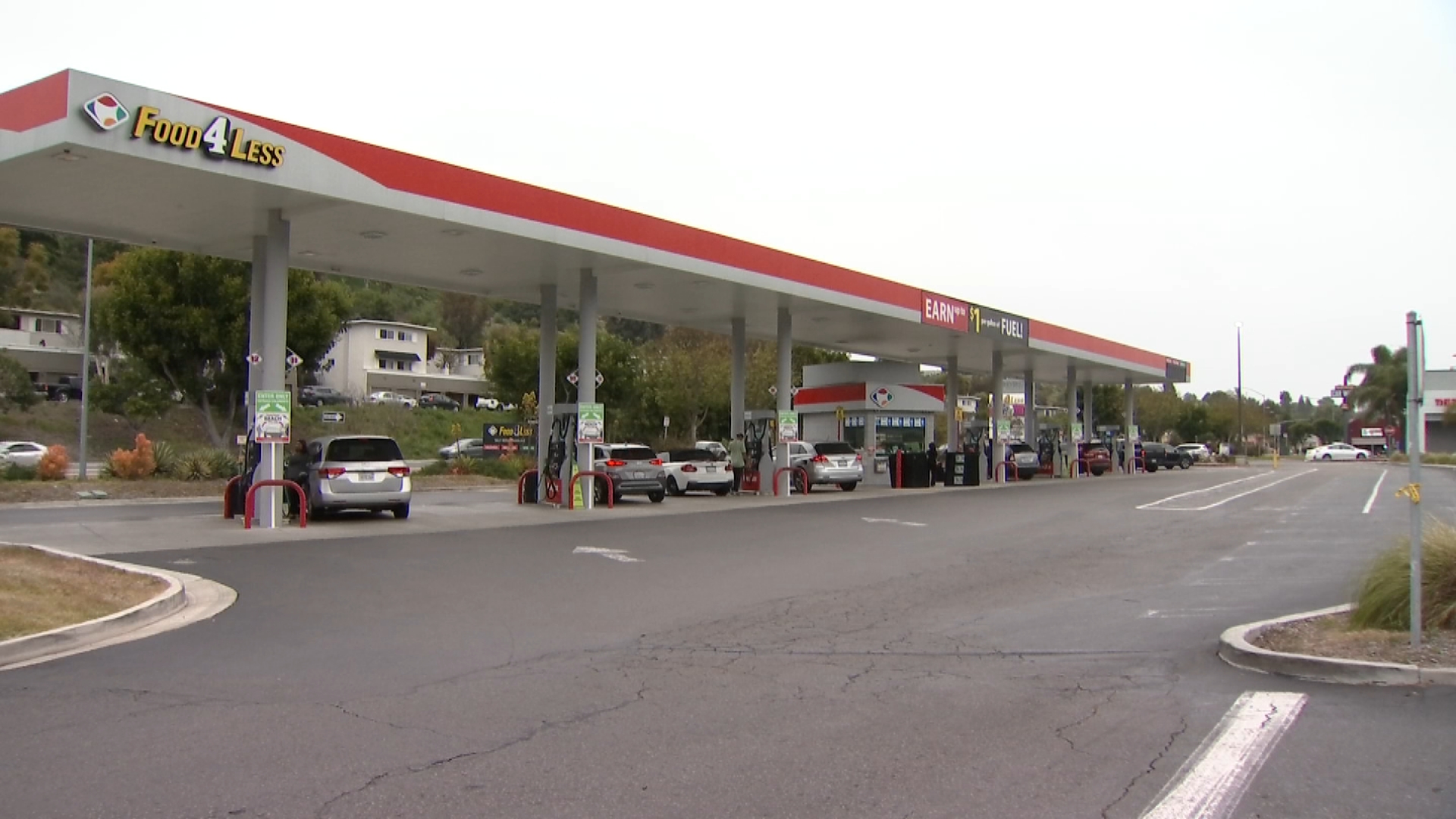San Diego’s pension fund is facing a $2.1 billion shortfall.
The amount needed to close the gap is about 75 percent of the city’s fiscal year 2012 budget. City employees--who don’t receive social security benefits--are paying into a system which may not be able to pay them back at the rate its financing is headed.
So, finding a solution to the shortfall has made its way to the forefront of political discussion in the city. Though politicians, city leaders, mayoral candidates and residents have suggested their fair share of solutions, one plan in particular has dominated the dialogue and secured a spot on the June ballot.
Proposition B, also known as the Comprehensive Pension Reform ballot initiative, was designed to tackle the shortfall. It would transition city employees from the current pension system to a 401(k) type of retirement contribution. It may also freeze pensionable pay for new city employees for 5 years.
Mayoral Candidate Carl DeMaio, Mayor Jerry Sanders, the San Diego County Taxpayers Association, Councilmember Kevin Faulconer, and the Lincoln Club of San Diego produced the measure.
Supporters claim the measure will save the city at least $1.2 billion through 2040 if passed. However much of the opposition surrounding the initiative is centered on the cap, and whether it would actually guarantee that savings.
On June 5, voters will decide if the CPR is the best plan to fix San Diego’s pension problem.
Local
Here is a brief timeline of the measure's path to the ballot.
April 5, 2011: Ballot measure description submitted to the City Clerk. Petition begins to circulate.
September 9, 2011: Campaign submits over 145,000 signatures to the City Clerk in support of the measure.
December 2011: Mayoral candidate and attorney Hud Collins filed a lawsuit against the CPR, arguing the initiative isn’t an amendment to the city charter, but rather a charter revision.
January 30, 2012: San Diego City Council votes to officially place the initiative on the June ballot.
February 13, 2012: Local labor unions teamed up with the state’s Public Employee Relations Board (PERB) to file an official complaint against the initiative.
February 21, 2012: A Superior Court Judge ruled against PERB’s legal challenge, saying the group should await the results of the election.
February 22, 2012: A second lawsuit against the measure, filed by mayoral candidate and attorney Hud Collins, also failed in court.
June 5, 2012: Prop B passes overwhelmingly in the California Primary Election.
June 19, 2012: California’s Fourth District Court of Appeals rules in favor of unions that Prop B must be heard by an administrative law judge.
July 11, 2012: State judge grants a temporary restraining order against Prop B, slows implementation.
July 31, 2012: San Diego Superior Court Judge Luis Vargas denies an injunction that would have further postponed the city’s implementation of Proposition B. Proponents of the measure saw this as a victory, and negotiations were expected to begin.
October 1, 2012: Gov. Jerry Brown signs a state-wide pension reform law requiring the city to put the new hires into Social Security. San Diego Mayor Jerry Sanders said the law was "misguided," and problematic for Prop. B because because Prop. B does away with the city’s defined-benefit pensions going forward.
November 8, 2012: City sues the state of California over the newly-signed law, saying it may end up costing taxpayers.
For more on this issue and others facing voters in June and November, check out our Decision 2012 page.



